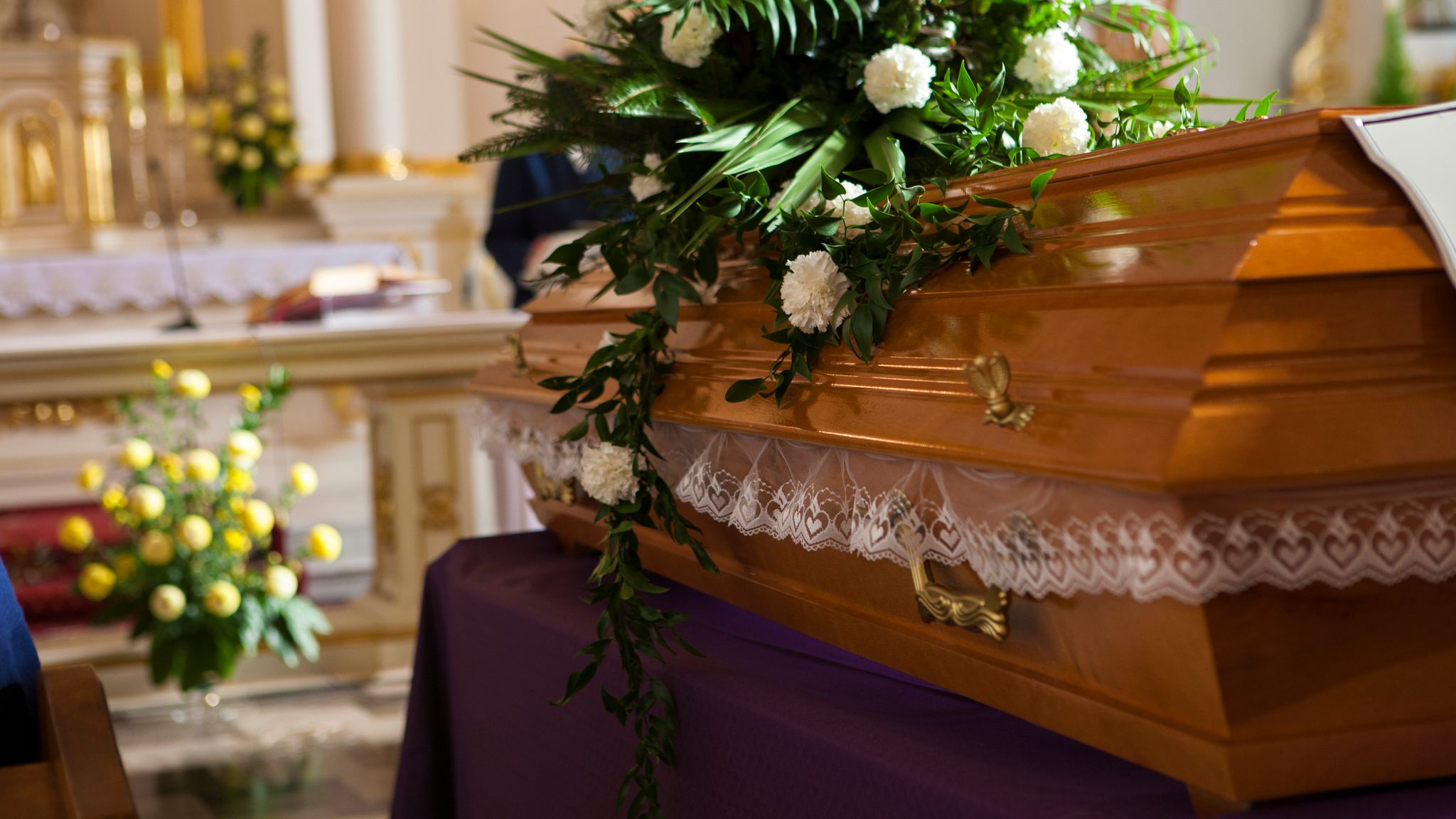
Cremation commemorative tattoos are a growing trend – essentially the art of imprinting a loved one into your skin to carry them with you. This very special act of dedication is practised at Flash Harry’s Tattoo Parlour, located in Medway, Kent.
Harry’s small but fabulous parlour creates an ambience of quirky-chic, it’s colours and vibrancy are the epitome of professional confidence with a streak of individualised flair!
A decade old, the business has a loyal following that has expanded year on year. Flash Harry attributed his success to a true passion for his work and a sense of deep satisfaction in bringing the joy of his art to life for others, a desire which was first ignited by watching other artists at their craft during many visits to conventions.
The catchy name Flash Harry’s came from the flash sheets which were used for generic walk-in customers rather than using their own designs. All this has changed as the business has grown. Now clients can select from flash sheets or choose unique creations crafted personally by Harry and Lewis. It was this personal touch that inspired the incorporation of loved one’s ashes into the tattoo art itself.
Since his first encounter with commemorative tattoos, Harry has completed many amazing designs, many of which have included the ashes of pets as well as loved ones. A charismatic and caring character, Harry schedules his working days with great thought – how he is feeling emotionally is a key factor as customers are often brought to tears with the end result of his work. It may be that he is working on a bereaved parent or a widowed spouse seeking comfort.
This fascinating process has been practised for thousands of years and is becoming increasingly on trend today. Harry prides himself on providing detailed care to each of his clients. When creating commemorative tattoos, only a small amount of ashes are needed. These are painstakingly ground down after which a small amount of alcohol is added to sterilise the pigmentation. The solution is then suitable for use within the tattooed artwork.
A commemorative ashes tattoo is a longer process and this does impact on the price by approximately 20%. Whereas an average tattoo may cost £80, a commemorative tattoo will be £100. A portrait could take up to a day costing £450 for a day session. Most clients choose names, favourite flowers or angelic symbols such as angel’s wings.
The ashes tattoo has the same life expectancy and requires the same removal process as any traditional creation. It looks no different from any other tattoo and poses no added risk. However, when a commemorative design is completed using the ashes of a cherished animal or person, the lasting emotional imprint is a dedication so personal, it speaks beyond words.






